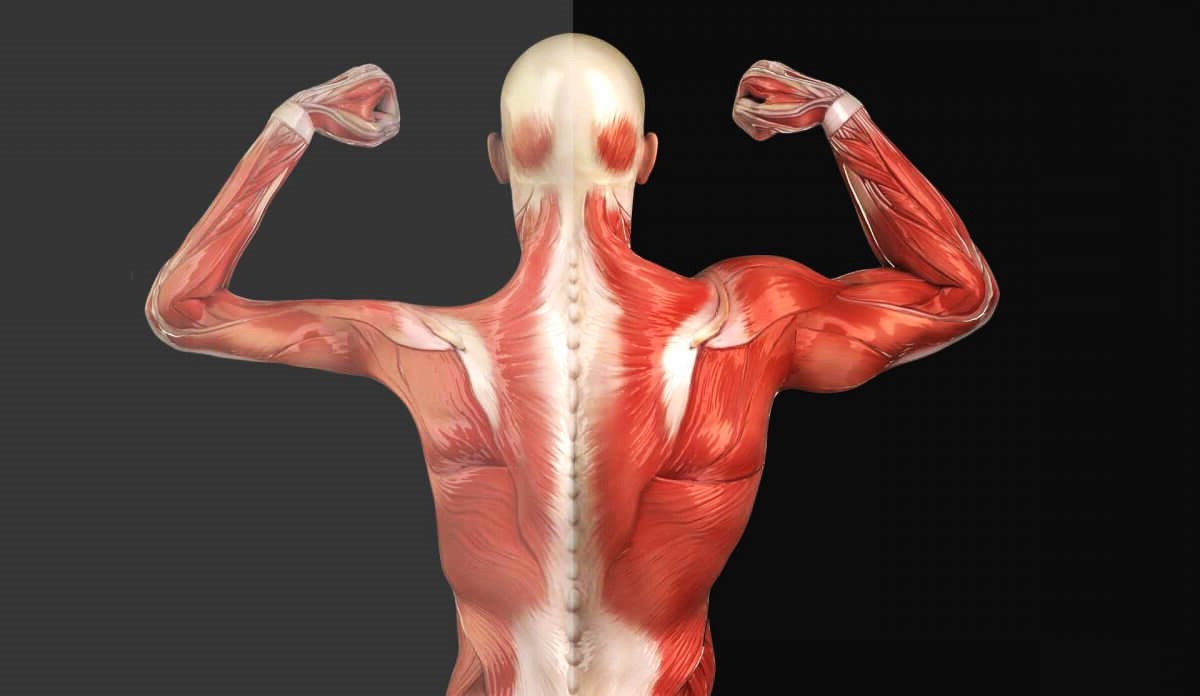
Muscular Dystrophy Limb-Girdle with Beta-Sarcoglycan Deficiency is a rare genetic disorder that affects the muscles around the hips and shoulders. This condition makes everyday activities like walking, lifting, and even standing up challenging. It usually appears in childhood or adolescence, gradually worsening over time. The cause? Mutations in the SGCB gene, which is responsible for producing beta-sarcoglycan, a protein crucial for muscle function. Without this protein, muscles weaken and deteriorate. Understanding this condition can help those affected manage symptoms better and improve their quality of life. Let's dive into 30 essential facts about this challenging disorder.
Key Takeaways:
- Muscular Dystrophy Limb-Girdle with Beta-Sarcoglycan Deficiency is a rare genetic disorder that causes progressive muscle weakness, difficulty walking, and potential heart and respiratory issues.
- Diagnosis involves genetic testing, muscle biopsy, and family history evaluation. Treatment focuses on physical therapy, respiratory care, and support from a multidisciplinary healthcare team.
Understanding Muscular Dystrophy Limb-Girdle With Beta-Sarcoglycan Deficiency
Muscular Dystrophy Limb-Girdle (LGMD) with Beta-Sarcoglycan Deficiency is a rare genetic disorder. It primarily affects the muscles around the hips and shoulders. Let's dive into some interesting facts about this condition.
-
LGMD is a group of disorders: There are over 30 different types of LGMD, each caused by mutations in different genes.
-
Beta-Sarcoglycan gene mutation: This specific type of LGMD is caused by mutations in the SGCB gene, which encodes the beta-sarcoglycan protein.
-
Autosomal recessive inheritance: LGMD with Beta-Sarcoglycan Deficiency is inherited in an autosomal recessive manner. Both parents must carry the mutated gene for a child to be affected.
-
Muscle weakness onset: Symptoms typically begin in childhood or adolescence, but the age of onset can vary widely.
-
Progressive muscle weakness: The condition leads to progressive muscle weakness, particularly in the pelvic and shoulder girdles.
-
Difficulty walking: As muscles weaken, individuals may have difficulty walking and may eventually require a wheelchair.
-
Heart involvement: Some individuals with this condition may develop cardiomyopathy, a disease of the heart muscle.
-
Respiratory issues: Weakness in respiratory muscles can lead to breathing difficulties and an increased risk of respiratory infections.
-
Muscle wasting: Over time, affected muscles may shrink and lose mass, a process known as muscle wasting or atrophy.
-
Elevated creatine kinase levels: Blood tests often show elevated levels of creatine kinase, an enzyme released by damaged muscles.
Diagnosis and Genetic Testing
Diagnosing LGMD with Beta-Sarcoglycan Deficiency involves a combination of clinical evaluation, genetic testing, and other diagnostic tools.
-
Clinical evaluation: Doctors assess muscle strength, reflexes, and overall physical condition to identify signs of muscle weakness.
-
Genetic testing: Confirming the diagnosis usually requires genetic testing to identify mutations in the SGCB gene.
-
Muscle biopsy: In some cases, a muscle biopsy may be performed to examine muscle tissue under a microscope.
-
Electromyography (EMG): This test measures the electrical activity of muscles and can help identify muscle abnormalities.
-
Family history: A detailed family history can provide clues about the inheritance pattern and risk of the condition.
-
Prenatal testing: For families with a known mutation, prenatal testing can determine if an unborn child is affected.
-
Carrier testing: Genetic testing can also identify carriers of the mutated gene, even if they do not show symptoms.
-
Newborn screening: Some regions offer newborn screening for certain types of muscular dystrophy, including LGMD.
Treatment and Management
While there is no cure for LGMD with Beta-Sarcoglycan Deficiency, various treatments and management strategies can help improve quality of life.
-
Physical therapy: Regular physical therapy can help maintain muscle strength and flexibility.
-
Occupational therapy: Occupational therapists assist with daily activities and recommend adaptive devices to improve independence.
-
Respiratory care: Respiratory therapists provide support for breathing difficulties, including the use of ventilators if needed.
-
Cardiac care: Regular monitoring and treatment of heart issues are crucial for individuals with cardiomyopathy.
-
Medications: Certain medications, such as corticosteroids, may help slow muscle degeneration.
-
Surgical interventions: In some cases, surgery may be necessary to correct skeletal deformities or improve mobility.
-
Nutritional support: A balanced diet and nutritional supplements can help maintain overall health and muscle function.
-
Assistive devices: Wheelchairs, braces, and other assistive devices can enhance mobility and independence.
-
Genetic counseling: Genetic counselors provide information and support to families affected by the condition.
-
Support groups: Joining support groups can offer emotional support and connect individuals with others facing similar challenges.
-
Research and clinical trials: Ongoing research and participation in clinical trials offer hope for new treatments and potential cures.
-
Multidisciplinary care: A team of healthcare professionals, including neurologists, cardiologists, and therapists, work together to provide comprehensive care.
Understanding Muscular Dystrophy Limb-Girdle With Beta-Sarcoglycan Deficiency
Muscular Dystrophy Limb-Girdle with Beta-Sarcoglycan Deficiency affects many lives, bringing unique challenges. Knowing the symptoms, causes, and treatment options can help those impacted manage their condition better. Early diagnosis and genetic testing play crucial roles in providing the right care.
Support from medical professionals, family, and community can make a significant difference. Staying informed about research advancements and clinical trials offers hope for improved treatments.
Living with this condition requires resilience, but with the right knowledge and support, individuals can lead fulfilling lives. Remember, every small step in understanding and awareness contributes to a better future for those affected by Muscular Dystrophy Limb-Girdle with Beta-Sarcoglycan Deficiency.
Frequently Asked Questions
Was this page helpful?
Our commitment to delivering trustworthy and engaging content is at the heart of what we do. Each fact on our site is contributed by real users like you, bringing a wealth of diverse insights and information. To ensure the highest standards of accuracy and reliability, our dedicated editors meticulously review each submission. This process guarantees that the facts we share are not only fascinating but also credible. Trust in our commitment to quality and authenticity as you explore and learn with us.
